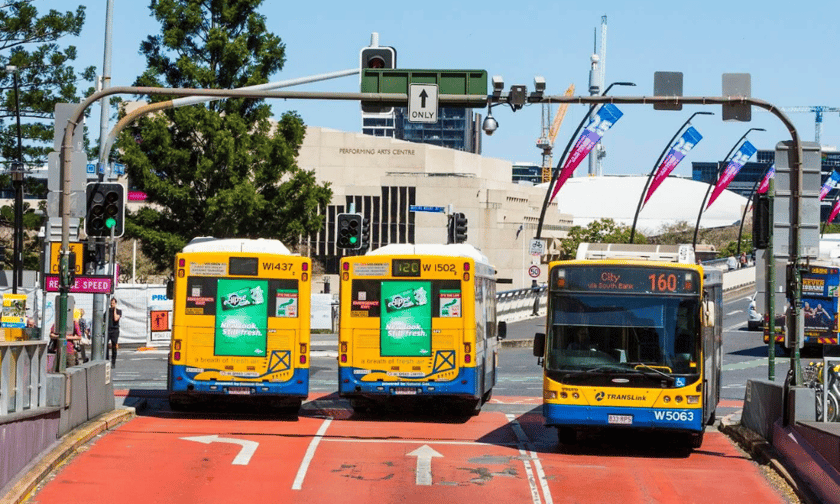

The Royal Automobile Club of Queensland (RACQ) is closely observing the impact of newly introduced 50-cent public transport fares in South East Queensland (SEQ).
According to recent RACQ research, 58% of surveyed commuters in the region said the reduced fares would likely lead them to use public transport more often, especially among current frequent users.
However, the study also found that nearly 30% of respondents felt that the current public transport system did not adequately meet their needs.
“Commuters blamed the lack of direct routes and limited availability of services as the main reasons for not using public transport,” said Dr Michael Kane, head of public policy at RACQ.
The fare reduction initiative – which began Monday – is a six-month trial intended to gauge its effect on public transport usage.
During this trial period, commuters can access all SEQ Translink services – including buses, trains, ferries, and trams – as well as regional Translink buses, for 50 cents per trip. A round-trip will thus cost $1, and Airtrain fares will also be reduced by half, with a ticket from Brisbane city to the airport priced at $10.95.
Kane emphasised that focusing solely on affordability is insufficient for the long term.
“The focus cannot end after six months; cost is the easiest hurdle to overcome,” he said. “There will be surges in patronage for particular routes and services, and [RACQ] was keen to monitor which are most in demand and how they cope.
“Six months of patronage data will provide important insights which must be used to shape long-term decision making around fare reform and how services can be improved.”
Kane also stressed the importance of comprehensive government planning to develop a more robust public transport system in SEQ.
“We need the government to plan and build a public transport system that more Queenslanders are able and want to use for the long term,” he said. “This includes better infrastructure, higher-frequency and faster rail services, and overhauling bus services with more direct, high-frequency services.”
In other news from RACQ, the club recently revealed that it conducted 2,000 daily road assists during the last financial year.
